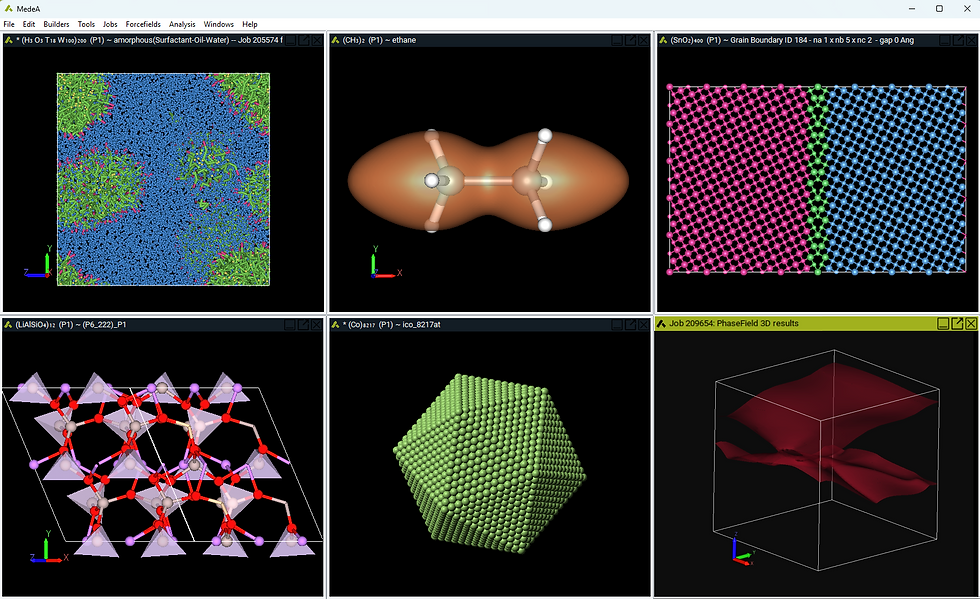Webinar: Development of New Solvents for CO2 Capture Using Molecular Simulations
- Katherine Hollingsworth
- Mar 17, 2021
- 1 min read
Upcoming Webinar
Tertiary amines are attractive for industrial CO2 capture because they tend to be more energy-efficient and show a higher CO2 absorption capacity than other amines. One of the current challenges in the CO2 capture industry is identifying tertiary amines with a higher CO2 absorption rate, which is their main weakness. Understanding the relationship between amine structure and properties and CO2 absorption rate is required for efficient amine screening. Despite numerous attempts, including the application of machine learning tools, this goal has been elusive.
Join Frédérick de Meyer from Total S.E., who has worked with Materials Design Inc. on developing a computational approach based on molecular modeling to predict the CO2 absorption rates in aqueous tertiary amines. The predictions are validated using experimental data. The key to the new model’s excellent accuracy is to include solvation effects in the computation of the free energy barrier for the reaction of CO2 absorption. The approach is currently being used by Total to guide the experimental screening of amines.
Key Learning Objectives
Molecular modeling is sufficiently accurate to predict CO2 absorption rates
It is possible to improve understanding of and develop models for acid gas absorption
Molecular modeling tools focus experiments through efficient digital screening of solvents

Live Webinar Date
Tuesday, March 23rd:
8:00 PDT (USA)
11:00 EDT (USA) 15:00 GMT (EUROPE) 16:00 CET (EUROPE)
Registrants will also receive a link to the recording and slides after the live session ends.

Dr. Frédérick de Meyer
R&D Leader for CO2 Capture, Total S.E.

Dr. Erich Wimmer
Chief Scientific Officer,
Materials Design, Inc.

Catherine Dold
Health & Environment Writer, C&EN Media Group





Comments